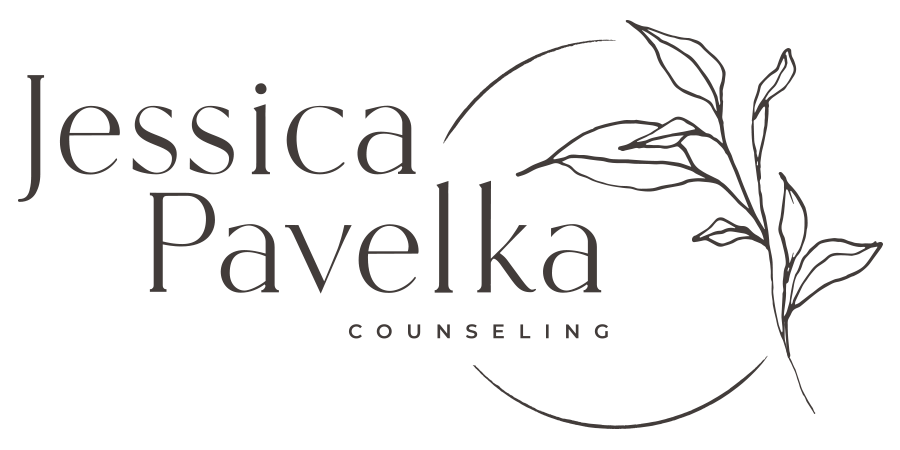How to Give and Receive in Balance
Giving and Receiving
The act of giving and receiving can have a powerful impact on your life and in your relationships. Once the action of giving and receiving are in balance, you will live in harmony with the natural law. Giving and receiving are both aspects of the same flow of energy in the universe. It’s therefore important to be both a good giver and a good receiver.
Ask Yourself
Are you one of those people who is naturally a giver, a doer, or a caretaker?
How do you react to receiving compliments?
What has been your history with receiving love?
“The universe operates through dynamic exchange…giving and receiving are different aspects of the flow of energy in the universe. And in our willingness to give that which we seek, we keep the abundance of the universe circulating in our lives.” – Deepak Chopra
“When we give cheerfully and accept gratefully, everyone is blessed.” –Maya Angelou
Let’s Meditate
Get in balance with this guided meditation below.
Continue this exploration.
Download Your Free Journal Below
What is the Wheel of Consent?
Dr. Betty Martin explains the Wheel of Consent, a practice of taking turns receiving and giving.
From Dr. Betty
“Why would most people endure unwanted or unsatisfying touch, rather than speak up for their own boundaries and desires? It’s a question with a myriad of answers – and one that Dr. Betty Martin has explored in her 40+ years as a hands-on practitioner, first as a chiropractor and later as a Somatic Sex Educator, Certified Surrogate Partner and Sacred Intimate. In her client sessions, she noticed a pattern wherein many clients would “allow” or go along with discomfort or unease rather than speak up for what they wanted or didn’t want. Betty discovered there was a major component missing for people -- the confidence that we have a choice about what is happening to us.
In her framework, “The Wheel of Consent®” Betty traces the fundamental roots of consent back to our childhood conditioning. As children, we are taught that to be “good” we must ignore our body’s discomfort and be compliant: to finish our food even if we’re full, to go to bed even if we’re not tired, to let relatives hug and kiss us even if we don’t want to. We learn that our feelings don’t matter more than what is happening, and that we don’t have a choice but to go along, whether or not we want it.
As adults, this conditioning remains with us until we have an opportunity to unlearn it, which is why consent violations are often only called out after the violation has occurred – because we have not been taught or empowered to notice our boundaries, much less value or express our internal signals as the unwanted action is happening.
In this book, Betty guides the reader through the Wheel of Consent framework, and shares practices to help us recover the ability to notice what we want and set clear boundaries. In these practices, we discover that the Art of Giving includes knowing our own limits so we can be more generous within those limits, and not give beyond our capacity. We also discover that the Art of Receiving invites us to notice and ask for what we really want. This knowledge, and its embodied practice, is foundational for creating clear agreements and bringing more satisfaction into relationships.
While much of consent education focuses on noticing what we don’t want, or prevention of violation, Betty has developed a “pleasure-forward” approach to teaching consent. By first accessing and awakening (sometimes re-awakening) our bodies’ relationship to pleasure and what we want, we can practice noticing and verbalizing what we don’t want. Such an approach provides a more holistic frame in which to unlearn the childhood conditioning that taught us to be silent and compliant, and in which individuals can learn to ask for what they want and state what they don’t, in a more empowered way.
The implications of this approach to consent education extends beyond touch and intimate relationships. When we forget how to notice what we really want, we lose our inner compass. When we continue to go along with things we don’t feel are right, we lose our ability to speak up against injustice. This has a profound effect on society. We allow all manner of inequality, corruption, theft of natural resources and our planet’s future health – because “going along with it” feels normal.
The #MeToo movement exposed the pervasiveness of boundary violations in modern culture. The Wheel of Consent offers a deeply nuanced way to practice consent as an agreement that brings integrity, responsibility, and empowerment into human interaction, starting with touch and relationships, and further expanding our understanding of consent to social issues of equality and justice.” https://wheelofconsentbook.com



